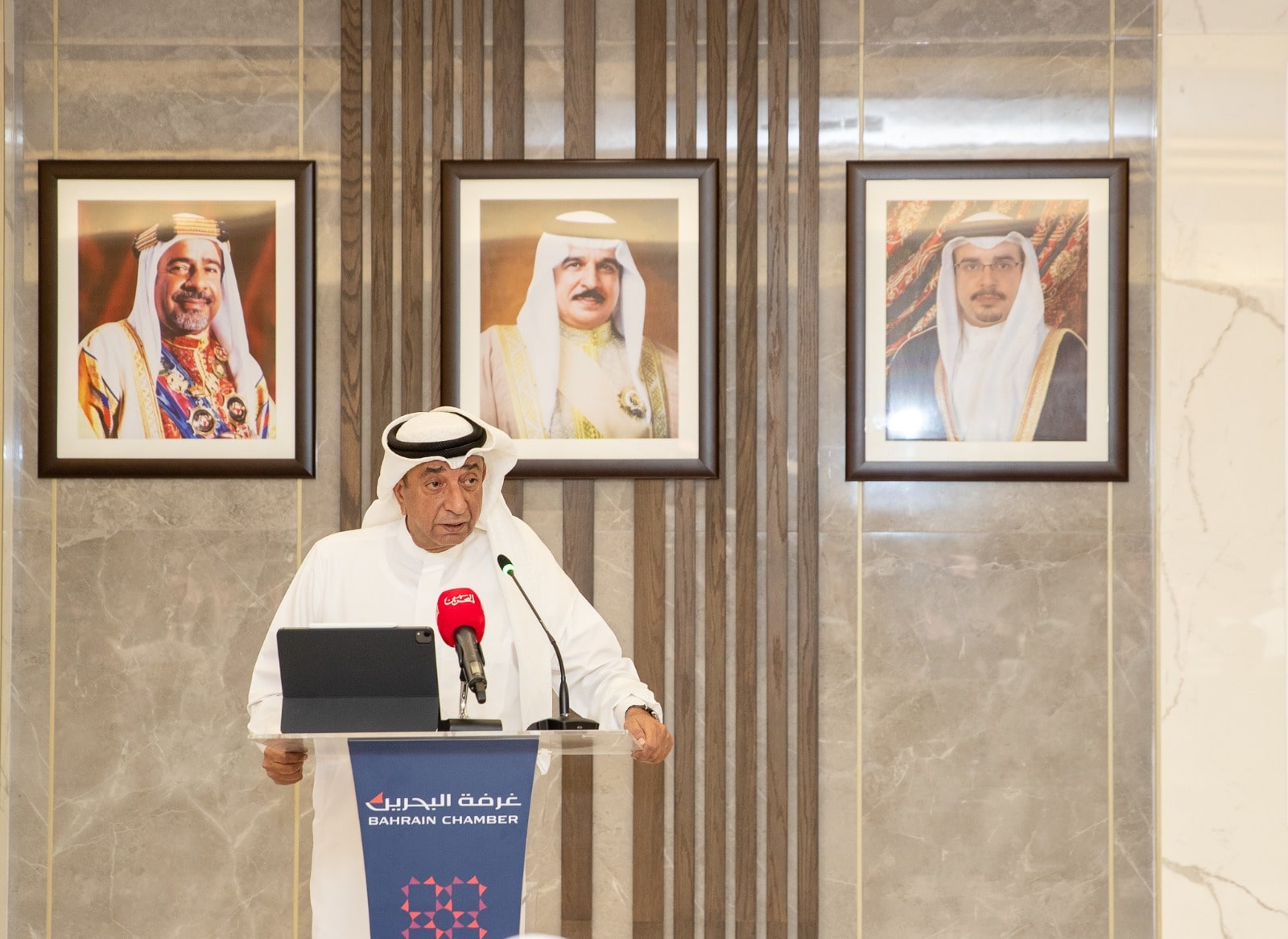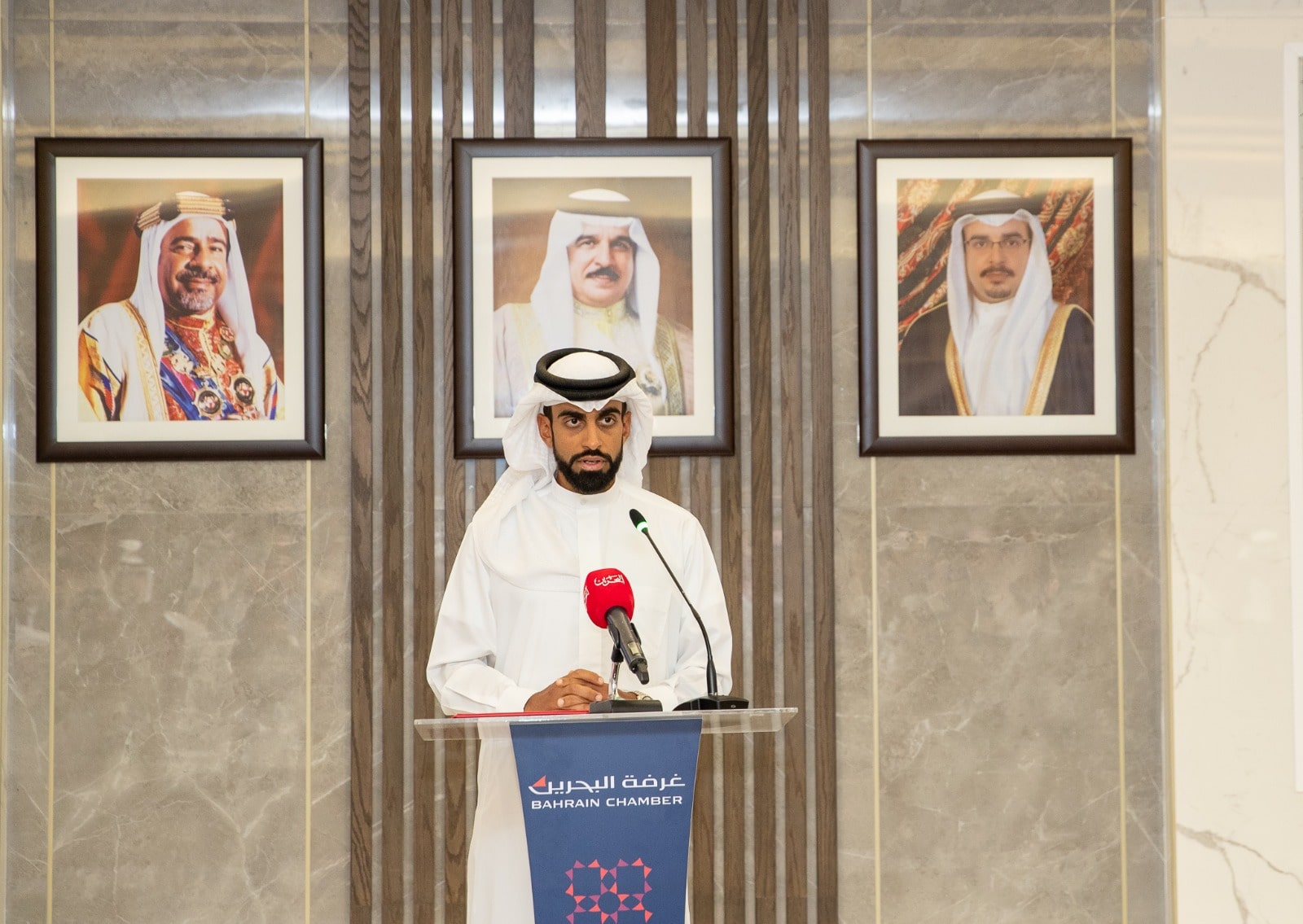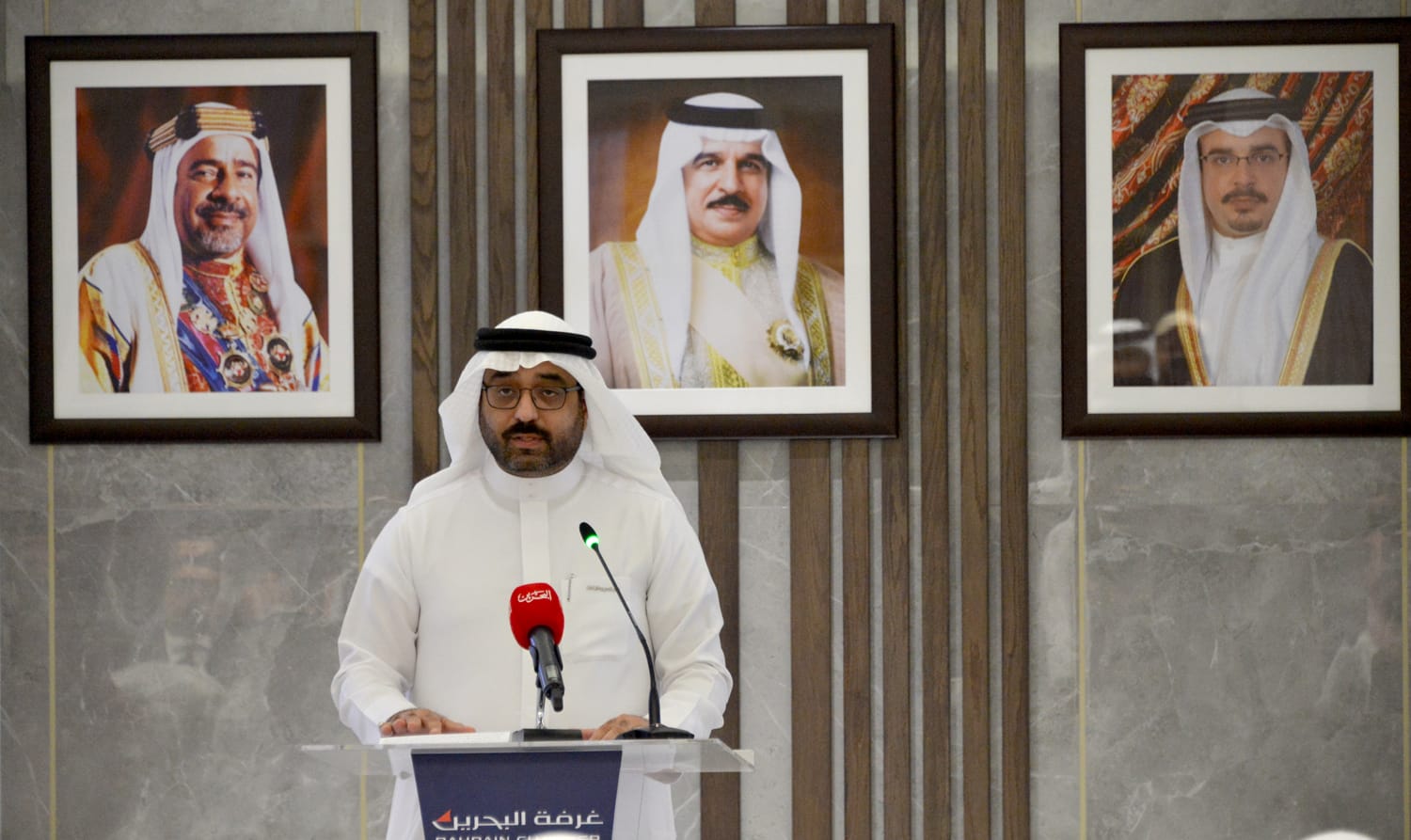International Conference on “Alternative Sanctions and Measures” Begins in Manama

The international conference organised by the National Institution for Human Rights (NIHR) in the Kingdom of Bahrain, under the theme "The Law on Alternative Sanctions and Measures: A Qualitative Experience in Criminal Legislation", kicked off today, Tuesday, in the Bahraini capital, Manama, with extensive local, regional, and international participation in the field of human rights.
The conference will discuss the implementation of the Law on Alternative Sanctions and Measures, the applications and the authorities concerned with its implementation, the role of the supporting authorities in activating the law, and the nature of the work that is assigned to the convicts, considering the efforts undertaken by the Kingdom of Bahrain in the development of criminal justice.
More than 300 participants will participate in the conference, including a number of ministries and official bodies in the Kingdom of Bahrain, such as the Ministry of Interior, the Ministry of Justice, Islamic Affairs and Endowments, the Supreme Judicial Council, the Public Prosecution, the Board of Trustees of the Arab Observatory for Human Rights, the head of the Arab Network for National Human Rights Institutions (ANNHRI) and representatives from national human rights institutions that are members to the ANNHRI, representatives of national human rights institutions in the Executive Office of the Global Alliance of National Human Rights Institutions (GANHRI), representatives of government and non-government organisations, and human rights defenders.
During his speech at the opening session of the conference, Eng. Ali Ahmed Al-Derazi, Chairman of the NIHR, stated that the organisation of this conference is based on the remarkable progress witnessed by the Kingdom of Bahrain in the area of human rights, under the leadership of His Majesty King Hamad bin Isa Al Khalifa, King of the State, and the great care given by the esteemed government headed by His Royal Highness Prince Salman bin Hamad Al Khalifa, Crown Prince and Prime Minister, and as a result of the real and serious desire of the NIHR, which has assumed, since its establishment, the responsibility for the implementation of the provisions of the various legislations as one of the independent national mechanisms concerned with the protection and promotion of human rights in the Kingdom of Bahrain, and all the partners, to activate the Law on Alternative Sanctions, through which Bahrain was able to be among the advanced countries in its legislative, justice and human rights system as a punitive and reformative system at the same time.
Al-Derazi noted the great role played by the Ministry of Interior in implementing the procedures concerned with the Law on Alternative Sanctions, as a qualitative leap in the development and strengthening of the human rights system, which contributes to strengthening societal and family stability and consolidating the humanitarian and human rights approach by rehabilitating the convicts to make them active elements in society.
At the conclusion of his speech, Al-Derazi called for the solidarity and cooperation in order to exert more efforts to enhance awareness of the importance of participating in activating the provisions of the Law on Alternative Sanctions and Measures, in order for such authorities to be a true partner in rehabilitating the convicts to contribute to their acceptance by the society, expressing his hope that the conference would make recommendations and develop an action plan to follow-up on the implementation thereof in a way that meets the aspirations desired from them.
For his part, His Excellency Sheikh Khalid bin Rashid Al Khalifa, Director General of the General Department for the Execution of Alternative Judgments and Sanctions, said that the Ministry of Interior has implemented the lofty royal vision on the consolidation of rights and freedoms on the ground, as the Ministry has sought over the past years to build an integrated strategy to respect human rights through paying attention to the human element of its employees, especially the security men concerned with law enforcement and execution.
He stated the Ministry’s keenness to expand and advance the scope of law enforcement, develop the mechanisms followed, and develop fruitful partnerships for further advancement and achievement, expressing sincere thanks and appreciation to the NIHR for organising this conference, which reflects the great importance of alternative sanctions and their positive impact on the ground in promoting correction and maintaining rights, freedoms and the rule of law in accordance with international standards, conventions, charters and protocols, since the start of the implementation of the project in 2017.
For his part, His Excellency Mr. Adel bin Abdul Rahman Al-Asoumi, President of the Arab Parliament, Chairman of the Board of Trustees of the Arab Observatory for Human Rights, expressed his sincere thanks and appreciation to the NIHR for organising this conference, for its noble and lofty message in defending human rights and fundamental freedoms and working to promote and protect them, pointing out that the experience of the Kingdom of Bahrain in applying the Law on Alternative Sanctions and Measures gave it a pioneering role in its Arab, regional and international surroundings as well, as it represents an unprecedented cultural shift that embodies the noble human meanings rooted in Bahraini society, and represents a new achievement in the process of developing and updating legislation within the comprehensive development process in the Kingdom of Bahrain, which comes as a reflection of the enlightened royal vision of His Majesty King Hamad bin Isa Al Khalifa, King of the State, towards promoting the values and principles of human rights in national legislation, thus contributing to the achievement of social stability in its broad sense, and an embodiment of the humanitarian approach adopted by His Majesty towards the file of human rights.
The President of the Arab Parliament also praised the tireless efforts of the Ministry of Interior of the Kingdom of Bahrain, led by His Excellency Sheikh Rashid bin Abdullah Al Khalifa, Minister of Interior of the Kingdom of Bahrain, in translating the objectives and visions of the Law on Alternative Sanctions and Measures and Open Prisons Programme into executive policies on the ground, hoping that the constructive discussions that will take place within the framework of the conference would achieve its noble goals and objectives.
For his part, His Excellency Mr. Ahmed Salem Buhibeni, President of the Arab Network for National Human Rights Institutions (ANNHRI), stated the importance of alternative procedures to criminal sanctions, pointing to the experiences of some countries that have adopted alternative policies to imprisonment, such as acts of public interest and others, which had very positive results, reflected in the noticeable decline crime in general, reduction of the number of detainees inside prisons, and spread of peace and security among people.
The President of the ANNHRI also stated the importance of the theme of this conference and its good selection, which reflects clarity of vision and far-sightedness, and pointed out that many studies indicate a low recidivism rate for delinquents convicted of alternative sanctions compared to those who have been subjected to the traditional process of imprisonment, stating the importance of looking to the future rather than the past, towards the action to be done and the results to be obtained, more than the committed crime.
For his part, Mr. Alaa Shalabi, Chairman of the Board of Trustees of the Arab Organisation for Human Rights, pointed out Bahrain’s declared desire to continue the correction and updating in general and in the human rights field in particular, as the conference constitutes an important sign of activating it.
Mr. Shalabi pointed out that the NIHR’s initiative to hold this conference will deepen the discussion on this important experience, and will contribute to the opinion on ways to enrich and develop it, as well as in terms of benefiting from its lessons in other arenas, especially in the Arab region, stressing at the conclusion of his speech the importance of the need to enhance respect and protection of human rights, which are no longer a luxury, in addition to the overwhelming importance of human rights in the success of the development efforts and the promotion of their returns.
The conference aims to diverge the views and integrate between the authorities responsible for implementing this law by highlighting the role of each of the relevant authorities in doing what is necessary for implementing the Law on Alternative Sanctions and Measures and its amendments to the fullest, while understanding the challenges facing those authorities in implementing the law and learning and benefiting from the experiences of other countries in the same field.
On the first day, the conference discussed the Law on Alternative Sanctions and Measures, and the efforts of various authorities in this area. The first session discussed five themes, namely the efforts of the Ministry of the Interior in the procedures for implementing and applying alternative sanctions and measures, the role of the Ministry of Justice, Islamic Affairs and Endowments in the rehabilitation and training programmes for those sentenced to alternative sanctions and the procedures for implementing them, the efforts of the Supreme Judicial Council in developing the judicial work system through the role of the trial judge in replacing the original sanction with an alternative one, and the way of strengthening criminal justice procedures in the Public Prosecution, and the implementation of the open prisons system and its role in integrating the beneficiaries of the law into the society. The second session discussed the role of a number of Arab and foreign national human rights institutions, including the experiences of the countries of those institutions in the application of the Law on Alternative Sanctions and Measures.








